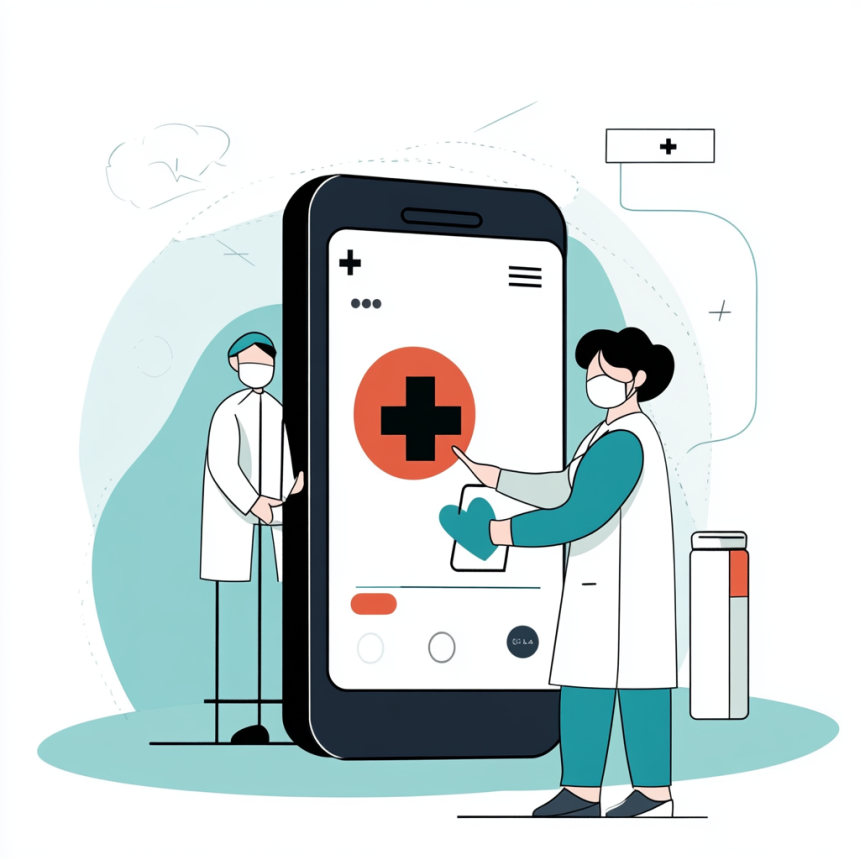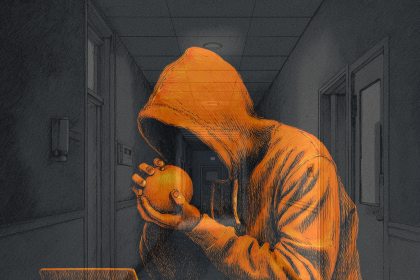As first reported by Mobi Health News, researchers from Yonsei University and Hankuk University of Foreign Studies conducted a nationwide survey in South Korea to assess what consumers and healthcare professionals value most in mobile health applications. The goal was to inform South Korea’s National Healthcare App Accreditation Program by identifying key product features that influence user preference and willingness to pay. The study involved 1,093 participants, including chronic disease patients, healthy individuals, and physicians, and employed choice-based conjoint analysis to evaluate preferences across a range of app attributes.
The findings, published in npj Digital Medicine, show that cybersecurity and data safety were overwhelmingly the most important factors for all groups surveyed. Respondents were willing to pay an additional $12 for apps with strong data protection. Accreditation and the presence of studies proving the app’s clinical effectiveness followed closely behind in importance. Chronic disease patients valued government certification highly, willing to pay about $5 more for accredited apps, likely due to their need for reliable and regulated tools to manage ongoing health conditions.
The survey also revealed differences in preference by age group. Participants aged 60 and older placed the highest value on app accreditation, suggesting a greater reliance on government or institutional trust marks. Younger users, by contrast, emphasized cybersecurity and user satisfaction. Physicians participating in the study prioritized clinical effectiveness, showing a willingness to pay $12.59 more for apps with robust evidence supporting their medical value.
Implications for digital health regulation in South Korea
The research underscores the growing demand for transparency and security in digital healthcare tools, especially as the number of available apps continues to expand. Users and healthcare professionals alike appear to welcome a structured government accreditation process that can help guide informed choices. These insights are likely to shape how South Korea further develops its digital health policies, especially concerning app evaluation standards and public education.
This study highlights that Korean consumers and doctors are not just passive users of mobile health technologies—they actively assess their value based on trust, safety, and clinical credibility. As mobile health apps become an essential part of healthcare delivery, especially for chronic disease management, these findings emphasize the need for rigorous cybersecurity, government-backed accreditation, and proven effectiveness to build user confidence and drive adoption.







